Have you ever secretly thought of ditching your day job, moving to Paris and starting a business? It might sound like an impossible dream but not for Chicago native Jane Bertch who decided to quit her lucrative banking career and open a cooking school in Paris-the cuisine capital of the world. “What a great idea,” said absolutely no one!
Two decades later, however, her creation, La Cuisine Paris is a huge success, attracting visitors from around the world. How did she do it? In her forthcoming memoir, The French Ingredient: Making a Life in Paris, One Lesson at a Time she recounts her challenging journey though failure, success, and all the cultural roadblocks of becoming a business owner in France. I sat down recently with the entrepreneur to talk about her Paris adventure. She shares 10 lessons she learned along the way.
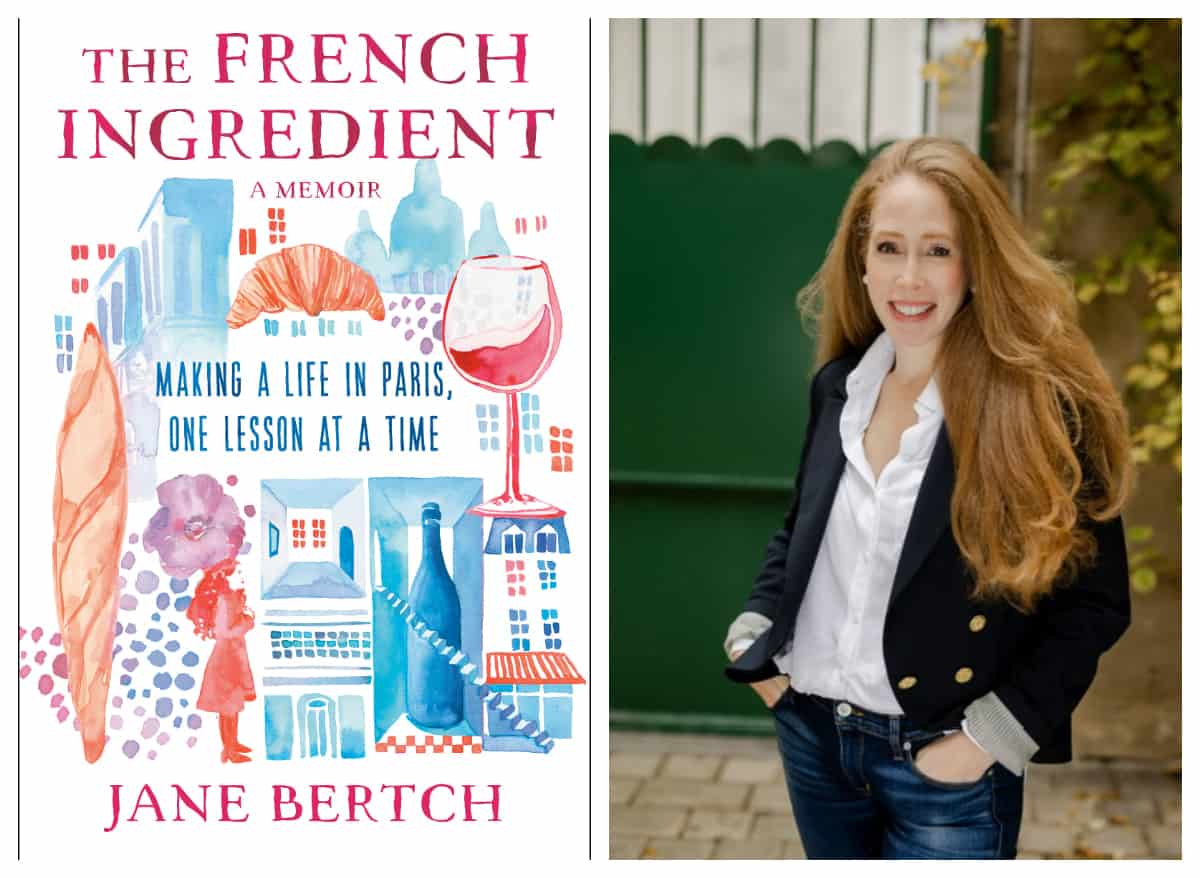
1. FRENCH BEHAVIOR: It’s nothing personal
“I work in the tourism sector and one question that comes up all the time is ‘why are French people aloof and unfriendly?’ I try to explain that it’s the culture. It’s not that the French don’t like you, it’s that they don’t know you. You’re not a part of their ecosystem. So their exchange is just going to be neutral at best. In fact they really are quite warm and engaging once you get to know them.”
2. IT’S JUST A MATTER OF TIME
“If you’re wanting to do business in this city and rely on colleagues who have establishments in the Parisian marketplace, you have to develop relationships first and those do not come through just commercial practices. Be sure to allow yourself plenty of time because there’s a learning curve.
After planting a little seed of your idea in France you’ll then need to cultivate it. It’s not going to grow overnight. I’ve come to understand that even though it was a little frustrating in the beginning, I’ve grown to love the process.”
3. RELATIONSHIPS: Getting to know you
“Since relationships require two things to work, trust and time, formal introductions and presentations are key. My former bank manager took me around to personally introduce me to every single person he worked with and because his colleagues had important relationships with him. By default, I could benefit, too. There was definitely not an email blast announcing my arrival on the scene.
If I had come in from the “outside” with no context, no relationship, I probably would have knocked my head on the wall for years just to establish a rapport. French are not the kind of people you meet for the first time and 30 minutes later you say ‘Let’s do lunch’.”
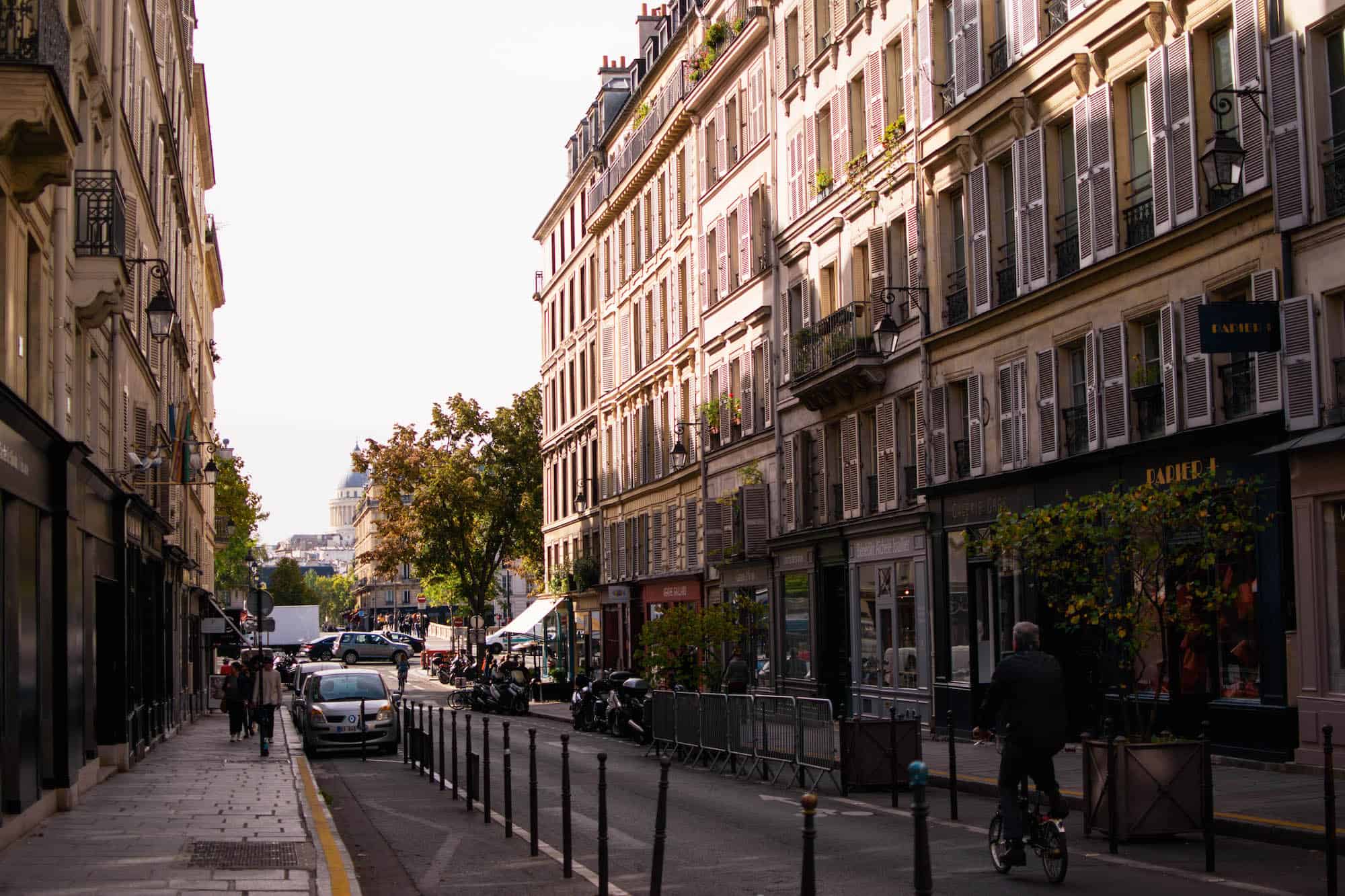
4. MARKET vs SOCIAL ECONOMY
“I first discovered the concept of Social vs Market economy in reading the wonderful book Predictably Irrational by Dan Ariely. France in my opinion, is very much a social economy, not a market one. Decisions are based on your relationships. I come from a background in the US where a lot of things are market driven and that’s how business gets done very quickly. It’s based on commerce and demand. Back home in the US I can pick up the phone to another business and right away agree a price and buy a product.
Not in France. Oftentimes, no matter how much you offer, if the person does not want to do business with you out of principle, they won’t….regardless of price. But, if they respect and like you, well there’s hope! I find it makes me think carefully before I engage with a discriminating company.”
5. PRESENTATION-Why Paris is the world’s most beautiful city
“It is focusing on the city’s visuals, its beauty and esthetics that keeps Paris on the top of dozens of the ‘World’s Most Beautiful City’ lists. It’s not by accident as they work really hard for it and is why I think people love Paris. Future, ‘wanna be’ business owners better understand all things ‘classy’ and be ready to fit right in at the beginning.
From how the product is being sold, to the window displays, to the stylish clothing worn by the the merchants. After all, it’s what visitors have come to expect and why so many artists call the City of Light their home.”
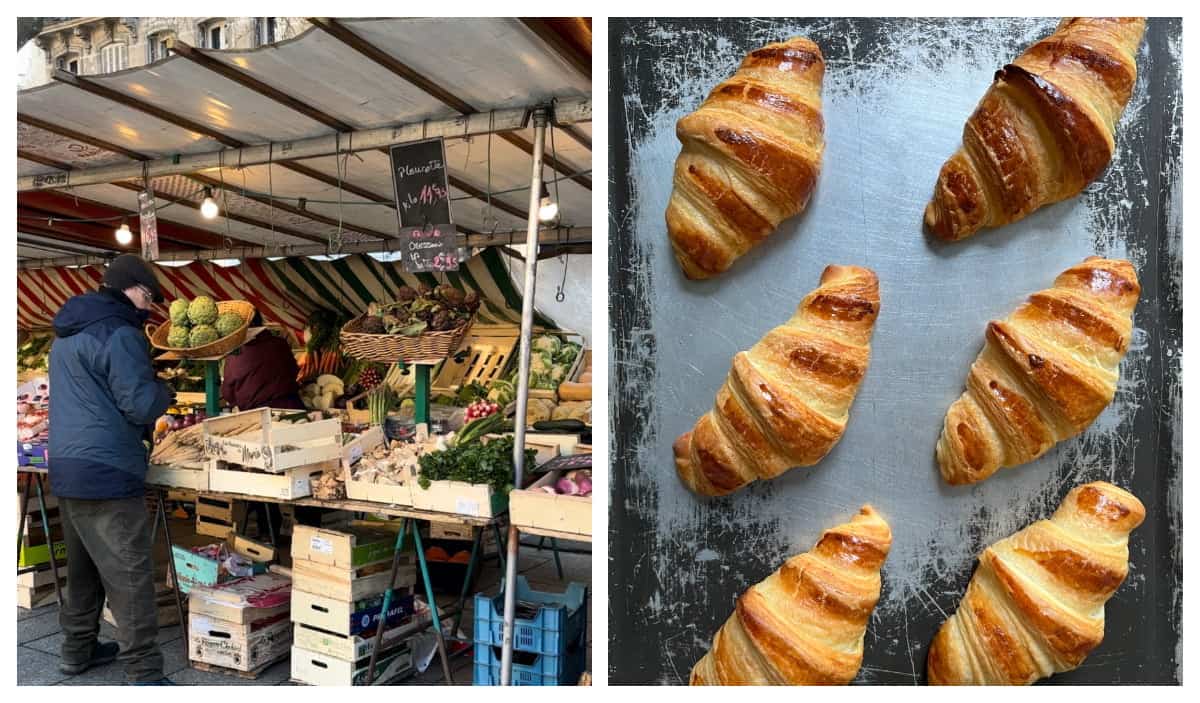
6. THE ARTISAN IS KING
“From the polished waiter serving a tiny macaron with your morning cup of coffee to the old lady donning a camellia covered wool hat selling Forget-Me-Nots in front of Notre Dame, the artisan is king. Almost everyone practicing their craft in Paris is a true connoisseur and expert in their field.
You can’t fake it in France. Even artisans like the local boulanger (bread maker) will be discussing the economy, with utter certainty the reasons for the sudden hike in the price of the beloved baguette. Artisans are revered so become an expert in your craft.”
7. COMMUNICATION ETIQUETTE: Tu & Vous?
“In communicating your ideas it is important to understand how people relate to one another. The French language can be confusing when it comes to the word “you.” Whether it’s used as a pronoun or subject, it’s still two different words used two different ways and if you don’t use it correctly you might be considered that ‘ugly American.’
The formal ‘vous’ is respectful and reserved for those of a certain position or seniority. The familiar ‘tu’ is used for everyone else.
Examples: Formal – ‘You want to have lunch, monsieur?’ (Vous voulez dejeuner?)
Familiar -‘You want to have lunch?’ (Tu veux dejeuner?)
Not sure which one to use? Better to err on the side of caution with the formal approach until you develop a close relationship. The French will most likely find you charming.”
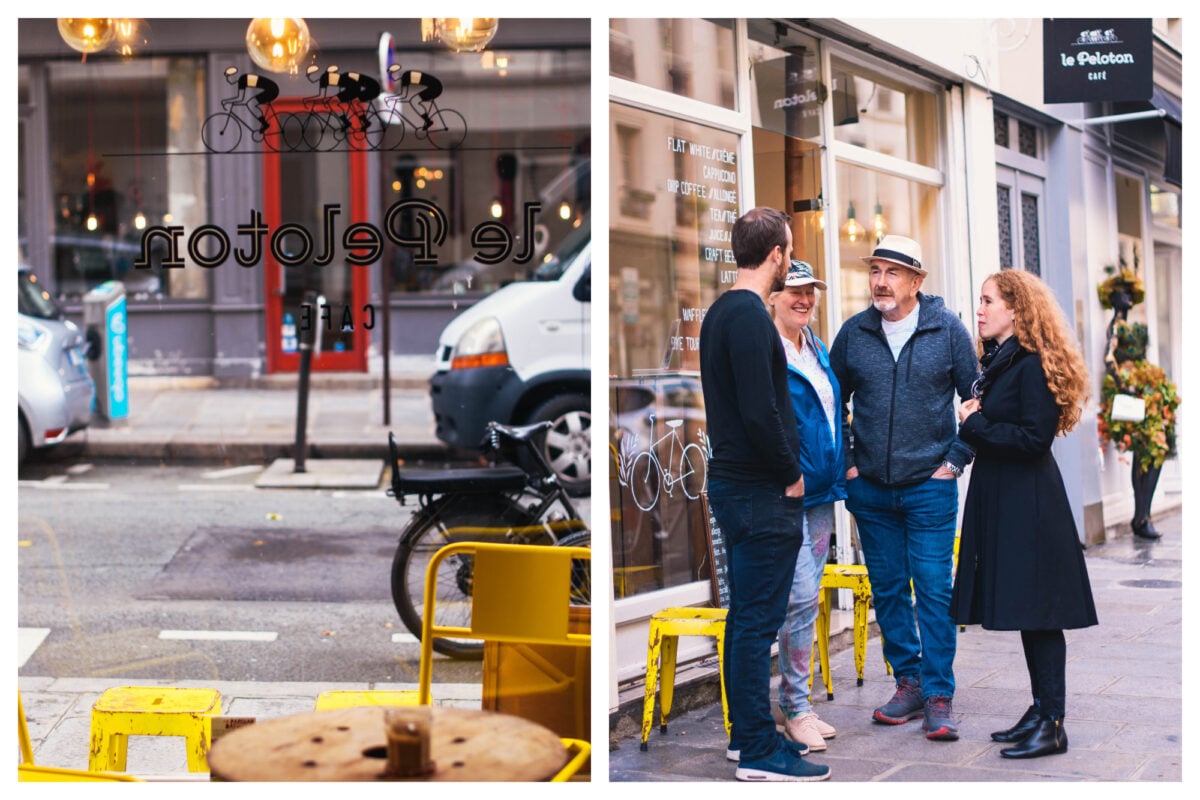
8. BONJOUR
“If you walk into a business and don’t immediately say bonjour …..Oooo la la are you are in big trouble. You’re just another rude tourist with no class.
Bonjour is the foundation of what comes next. Since France is approximately 80% small, family-owned businesses it’s similar to stepping into an extension of their home. You wouldn’t walk into someone’s house without saying HOWDY! (Oh, and don’t forget to say Au Revoir).”
9. PRIVACY
“I had to learn about privacy after making several gaffes as a visitor to someone’s home. Personal privacy is so important to the French. For example-my Parisian friends find it baffling that when you come into an American’s house and they want to show you everything, including the bathroom!
While visiting a home in the US, the owners were delighted to show off their new Japanese toilet and then chat about it afterwards in the kitchen while dinner was being prepared. Too invasive! Shock and dismay followed. Keep your private life private. No need to show off your new Velvet Elvis artwork in the bedroom.”
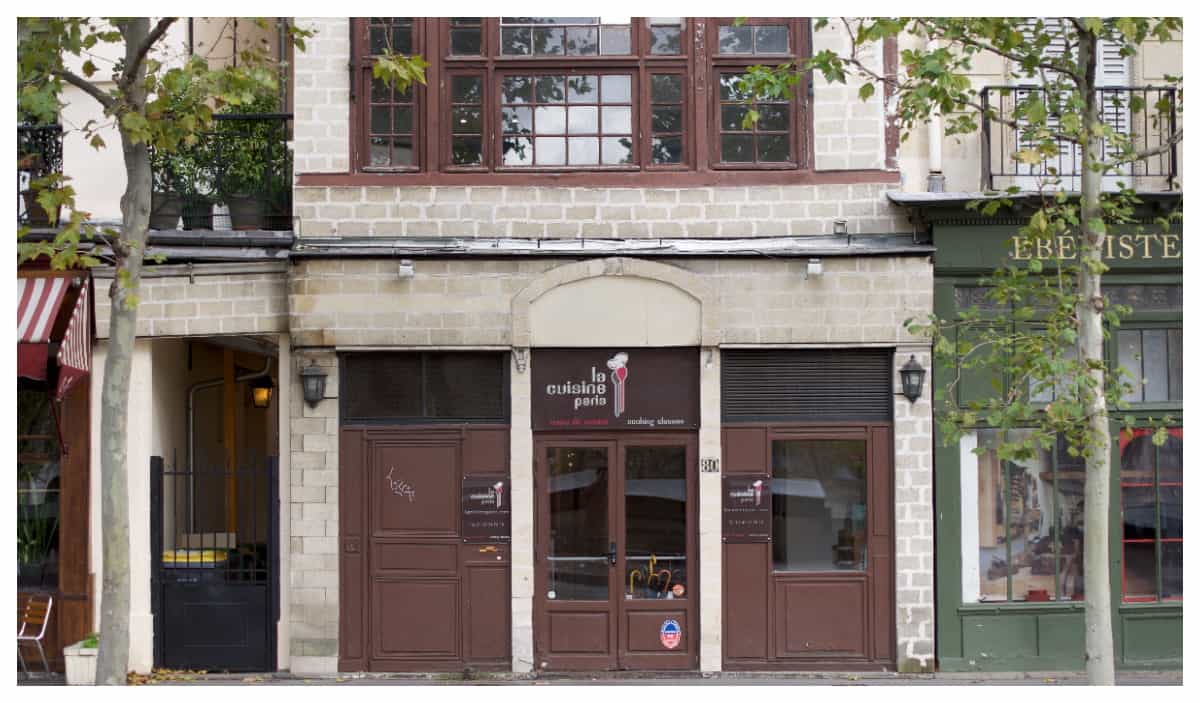
10. QUALITY VS QUANTITY
“Quality of the workmanship is super important. People don’t tend to over-consume, they buy less and look for the best, even when the budget is small. For instance, most people will not make bread at home because they know that there are artisans that actually do it a bit better. Same with pastries. That’s why we have so many beautiful pâtisseries that people service regularly.
Also, you may think that women’s clothing is not only stylish but incredibly extravagant. Frequently, they buy just a few well-selected pieces to mix and match…..one of the reasons closets are almost nonexistent and only a small armoire remains in the boudoir. Anyway, in the landscape of casual chic wardrobe, the French have been winning for years.”
SPEAKING OF QUANTITY……Pounds & Kilos
“The metric system can be confusing to learn—miles to kilometers, fahrenheit to celsius, and of course, pounds to kilos. One Thanksgiving there was a classic miscommunication. I was excited to have friends and family rendezvous at my Paris flat for a traditional holiday meal complete with a delicious stuffed turkey.
I went to the local butcher to purchase a bird and in my poor French I thought the Boucher asked me “Combien?” (How many?) I said proudly, “16.” Now I’m thinking he wants to know how many guests when in fact he meant how many KILOS of turkey I wanted. He seemed shocked but I joyfully responded, “The more the merrier.” Okay, a little math lesson here. 1 kilo = 2.2 pounds. The bird was 32 pounds! I freaked out. The Butterball Helpline starts at 30 pounds, so I was all over the internet trying to think of how to cook and dress this winged beast.
Somehow we managed to prepare the monster and kept it on the balcony. It became a photo op for a newborn baby who was smaller than my turkey. A valuable lesson learned on my holiday away from Chicago.”
The French Ingredient is the highly informative and entertaining book from entrepreneur, Jane Bertch, published by Penguin Random House.
And if you want to learn how to bake croissants or macarons, or shop at an authentic French market for the ingredients to cook your own meal, check out La Cuisine Paris located across the River Seine from Notre Dame.
RELATED LINKS:
- Want more cultural insights? Here are 7 French cultural rules to live by.
- Another important cultural quirk to get right? Knowing the difference between when to use madame or mademoiselle.
- French restaurant dining etiquette is also important to master, whether for business or pleasure.
Written by Kathryn Kinley for HIP Paris. Looking to travel? Check out Plum Guide and our Marketplace for fabulous vacation rentals in Paris, France or Italy. Looking to rent long or short term, or buy in France? Ask us! We can connect you to our trusted providers for amazing service and rates or click here. Looking to bring France home to you or to learn online or in person? Check out our marketplace shop and experiences.



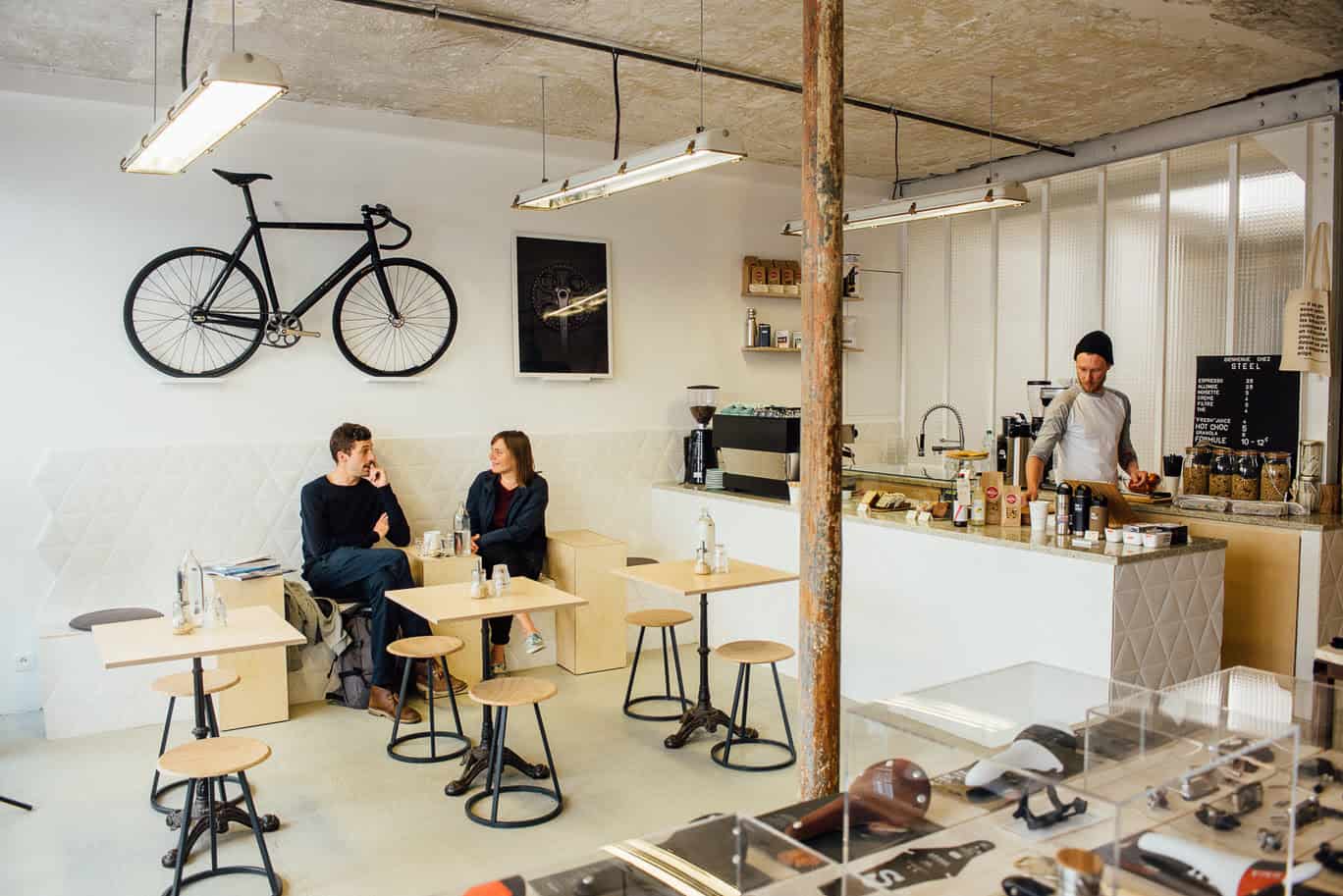

RELATED ARTICLES
What to do in Paris in June
by
Kathryn Kinley
Living, Loving, Learning: Starting a New Life in Paris
by
Marjorie Preval
A Local’s Guide to the 3rd Arrondissement: Life in the Haut-Marais
by
Zoe Adams
Mother’s Day for Francophiles – Last Minute Gifts
by
Caroline Camp
Sweepstakes Alert: Win a Week in a Paris Apartment
by
Erica Berman
Peek-a-boo: Traveling To Paris With Kids
by
Emily Dilling
Paris in May: Things to Do, Weather, Culture, Sports & More
by
Reagan O’Brien
Rue de Lévis: A Market Street in Paris’s 17th Arrondissement
by
Yvonne Hazelton
What to Wear in Paris in Spring
by
Caroline Camp
Marais Apartment For Sale, Steps From Place des Vosges | Historic Views & Luxury
by
HiP Paris
Paris Like the First Time, Again
by
Bryan Pirolli
What to Do in Paris in April: Events, Warmer Weather, Gardens and More
by
Reagan O’Brien
Off the Tourist Path: Five of Paris’s Prettiest Secret Streets
by
Diana Liu
Paris Through Another Lens: Travel Writer vs. Tourist
by
Bryan Pirolli
The Top Women Chefs Defining Paris’s New Dining Scene
by
Lily Heise
The Creative Life in Paris: ‘Thinking in Watercolor’ by Jessie Kanelos Weiner
by
Caroline Camp
An Empty Nester in Paris
by
Sylvia Sabes
On Becoming Parisian: 10 Signs I Belong in the City of Light
by
Rooksana Hossenally
Not Into Valentine’s Day? Here’s What to Do Instead
by
Yvonne Hazelton
Healthy French Recipes for Winter
by
HiP Paris